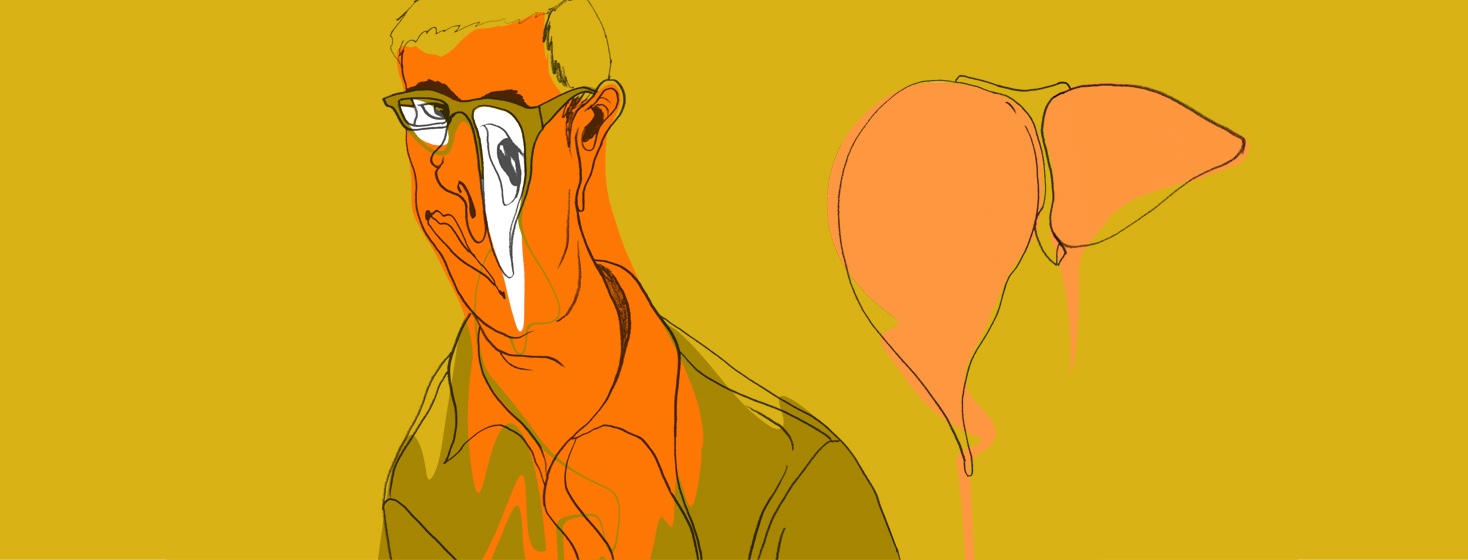Fatigue and Hepatitis C
Waves of exhaustion or a continued, relentless tiredness and lack of energy are commonly reported symptoms for those with hepatitis C. Fatigue maybe the most “frequent and disabling extrahepatic symptom of hepatitis C virus (HCV)".1 In the 2020 Hepatitis C In America survey, fatigue was ranked as one of the most common hep C symptoms. Among not cured patients, 82% experienced fatigue, 70% muscle aches, 68% depression, and 61% insomnia. In another study of people with hepatitis C, 97% of the participants sited fatigue as a symptom.2
What causes hep C fatigue?
Commonly, fatigue is reported in about 50% of all persons with chronic Hep C and is highly variable in its impact and intensity. Its presence is associated with a disruptive and declining quality of life. In a 2003 study is was reported that “no empirical information existed regarding the nature of this fatigue or the way in which it affects a person's life”.3
It’s important to understand fatigue and understand there are two common forms, central and peripheral. Peripheral occurs due to muscle over-utilization and associate metabolic changes and causes weakness and does not appear connected to liver disease or failure. Central fatigue, found in people with liver disease, arises from the central nervous system; It is manifested in poor physical and often mental activities, and higher perceived effort in undertaking tasks, resulting from altered neurotransmission within the brain.4
Fatigue symptoms
Fatigue can be manifested as both a physical (Muscle weakness, reduced strength, decreased stamina) and a mental condition (difficulty staying focused and concentrating), where one feels constantly sleepy and has difficulty staying awake. While different, the physical and mental manifestations often occur together, with chronic physical exhaustion causing mental fatigue over a period of time.5 Sleepiness, often the result of insomnia that is also attributed to DAA treatments, is typically a short-termed condition and can, in many cases, be minimized with dietary changes, exercise and treatment adjustments. Fatigue, on the other hand, is associated with a health condition or illness. There is evidence that fatigue increases over the course of interferon treatments, though its use is rare in the US (but still used in countries where DAA treatments are not accessible).
Psychosocial factors of fatigue
There is evidence that fatigue is associated with psychosocial factors such as self-reported pain, physical disability, depression, and general psychopathology.6,7 It also appears to be reported more frequently among female than male hep C patients.8 Social functioning was found to be a significant predictor of fatigue, followed by physical functioning, depression, and gender; This is consistent with other studies that find a correlation between social support and immune function, but while 68% of the variance in fatigue is attributed to poor psychosocial functioning, 30% of the variance in fatigue remained unexplained.
Coping with fatigue
There are currently no widely accepted treatments for fatigue in hep C patients. This in part is because there is a poor understanding of the etiology of fatigue, and lack of a good measuring instruments. Some options include:
- Cutting back on work hours, if possible
- Napping during the day
- Taking a walk on most days to increase your alertness and promote better sleep
- Drinking a caffeinated beverage in the morning
- Considering antidepressant therapy, if depression may be contributing to your fatigue9
Many doctors also recommend that hep C patients eat a well-balanced diet, abstain from drinking alcohol, and stop smoking to alleviate fatigue. Research also shows that getting cured of hepatitis C may reduce fatigue.
How do you manage fatigue from hep C?

Join the conversation